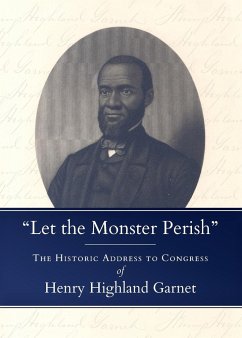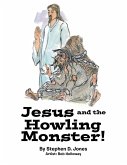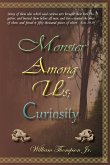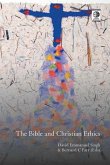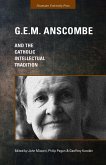""In a time of division, we can have no better prophetic voice to frame today's discussions of justice and freedom than a one-legged fugitive slave who came to a Capitol without a Dome to tell how the Constitution could be made more perfect, in the name of God."" -from a letter sent by the President of the Presbyterian Historical Society to the President of the Maryland State Senate In February 1865, just days after the adoption of the Thirteenth Amendment banning slavery, Presbyterian pastor and abolitionist Henry Highland Garnet spoke before the U.S. Congress, becoming the first African American to do so. Garnet's speech, titled ""Let the Monster Perish,"" celebrated the end of slavery and pleaded with humanity to never let it rise again. Garnet's address would later set the tone for Congressional Reconstruction, providing the important and necessary perspective from those whose voices had been excluded from American democracy. His address is reproduced here along with a time line of his life.
Hinweis: Dieser Artikel kann nur an eine deutsche Lieferadresse ausgeliefert werden.
Hinweis: Dieser Artikel kann nur an eine deutsche Lieferadresse ausgeliefert werden.

